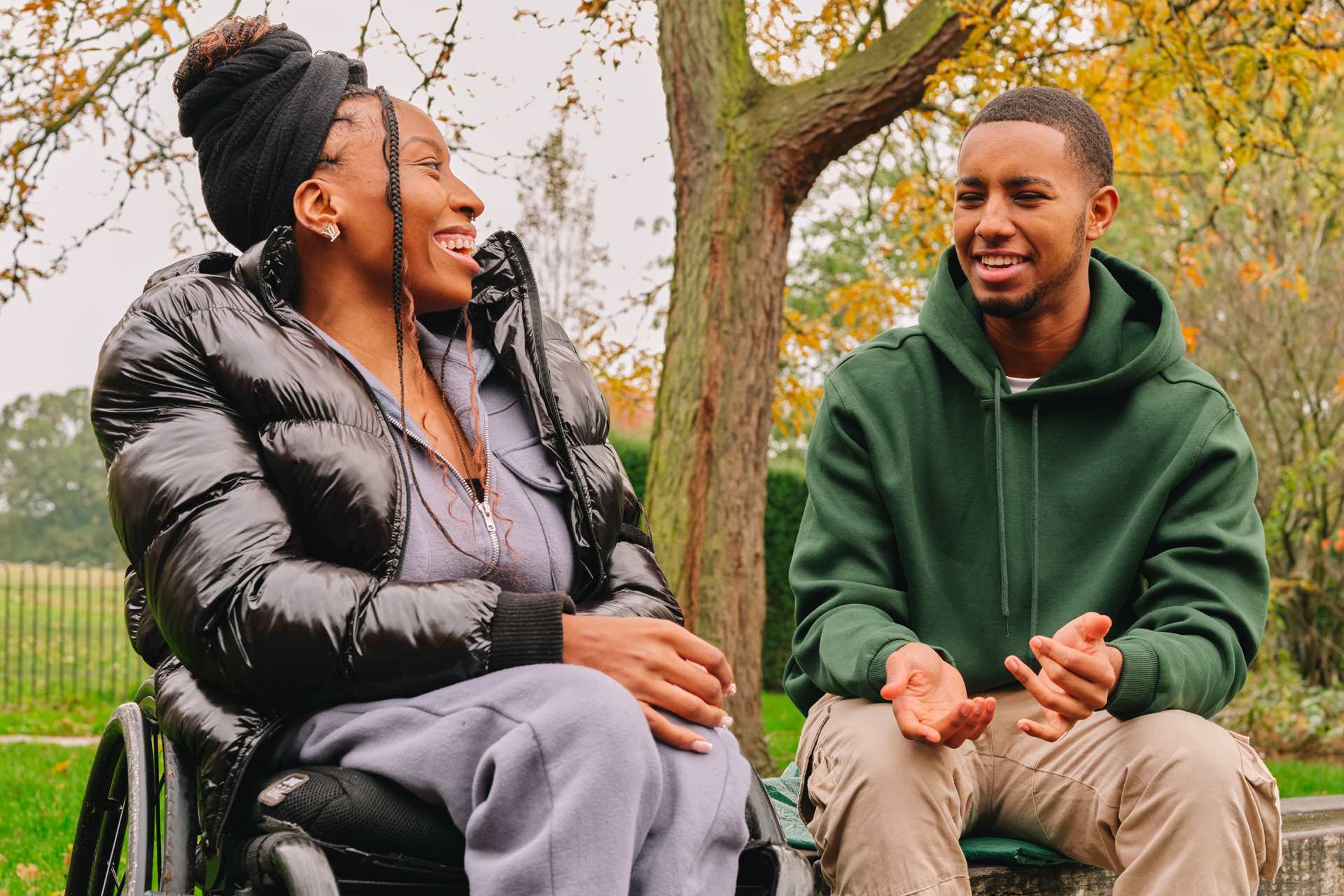Do not stop taking sertraline suddenly.
If you have been taking sertraline regularly for more than one to two months, it is recommended that you stop gradually (ideally over at least four weeks).
Discuss stopping your medication with your doctor. If you have important events coming up or are going through a period of life which is very demanding, it might not be the best time to stop your medication. Planning and support are important to stopping your antidepressant medication successfully.
Antidepressants are not addictive, but if stopped suddenly they can cause discontinuation or withdrawal symptoms. These are caused by the receptors and levels of chemical transmitters in your brain readjusting after you reduce or stop your medication (and can also occur if you miss doses of medication).
Some of the symptoms you get may be like symptoms you had when you were unwell, so understandably, you might feel anxious or upset that your illness could be returning.
If you experience symptoms immediately or soon after stopping medication (days rather than weeks), this is usually a withdrawal symptom caused by your body adjusting to not having the medication anymore. If the symptoms start after a month or more after stopping your medicine, this might be a sign that you are becoming unwell again.
Withdrawal symptoms usually start within a few days of stopping (or sometimes reducing) your medication. A wide range of symptoms have been reported. You may experience a few or a range of these:
- dizziness and/or feeling unsteady
- headaches
- numbness or tingling in hands or feet
- sleep disturbances (vivid dreams, nightmares, not being able to sleep)
- electric shock-like feelings in the head, spine, arms, legs or hands.
- feeling anxious, agitated or irritable and/or restless
- confused or disorientated and reduced concentration
- poor appetite, feeling or being sick or having diarrhoea (loose poo)
- sweating or shaking
- feeling emotional, low mood and tearful
- flu-like symptoms/muscle aches and pains
- tinnitus (ringing in your ears)
- problems with your eyes, or fluttering/pounding heartbeat (these are not as common as the other symptoms listed above)
It is not possible to predict if you will experience withdrawal symptoms, or how bad they will be if you do experience them, but studies report about half of people may get them. The risk appears to be higher if:
- you have been taking your medication for six to eight weeks and you stop taking it suddenly
- you are a child or young person
- you experienced an increase in anxiety symptoms when you started medication
- you have experienced withdrawal symptoms with another antidepressant before
If you do experience symptoms, they are usually mild and don’t last long (two to three weeks for most people), but for a few these could be severe enough to make you feel very unwell and last longer (two to three months or more). Arrange an appointment with your doctor to discuss your symptoms and seek advice if you are concerned or unable to tolerate them.
You can stop taking sertraline safely with your doctor’s help. Planning a gradual withdrawal together can help to minimise or prevent the withdrawal symptoms you experience.















